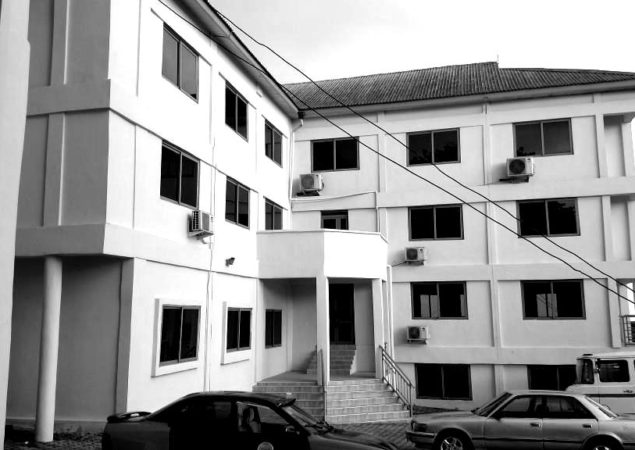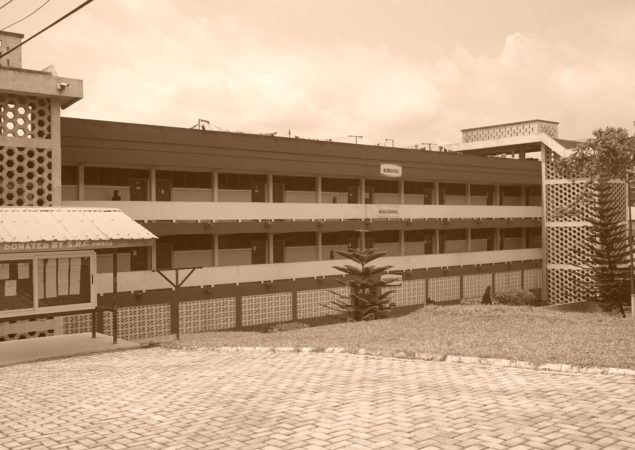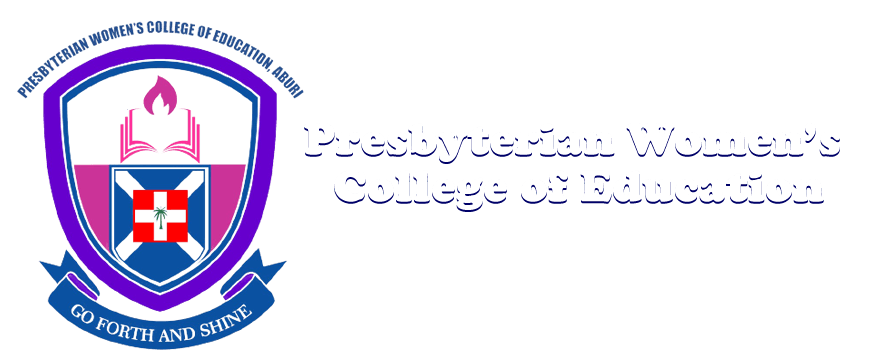History Of The Noble Institution
The mission took the provision of education as an integral part of its mission and evangelistic agenda. In Furtherance of this, equal attention was given to the education of girls just as that of boys. As a result, wherever the mission opened a Boys’ school, a Girls’ school was immediately or soon opened either at the same station or within some proximity of that station. In line with this policy the Basel mission in 1858 opened the first Primary Girls’ Boarding School (the first of its kind in this country) at Aburi. The school did not only admit pupils from Aburi but also admitted girls from the Osu, Abokobi, Odumasi and Akropong mission stations.
In 1916, a Girls Senior School (later known as the middle school) was opened along side. This was to make it possible for the girls completing standard three (Primary Class 6) continue at standard four (form one) and complete standard seven (form four). The first World War from 1914 – 1919 affected work at the schools at Aburi. This was because the British Colonial Government deported the Basel Missionaries from their mission stations at the Gold Coast; including Aburi. This was due to the German background of the missionaries which the British looked at with suspicion in their territory in a critical time of war against Germany. The Scottish Missionaries who were then operating in the Northern Nigerian state of Kalabar were invited to take over the administration of the Basel Missions Schools. Subsequently, three female teachers; Miss Wallace, Miss Efie Sutherland and Miss Agnes Gray were posted to Aburi in 1920.
In the year 1923, Miss E.H. Mackillican arrived at Aburi to replace Miss Agnes Gray who had been transferred to Kalabar. The very year she arrived, Miss Mackillican introduced a class on Teaching Methods out of which the Teacher Training College was to eventually emerge. It is worthy to note that an important aspect of Education was added to the Aburi School in 1925. Miss C. P. Moir opened a Kindergarten Class; the first of its kind in the country, at the school. The K.G class was taken over by Miss E. M. Beveridge, author of “Kan Me Hwe” series of readers for schools in the Twi Speaking areas of Ghana and was assisted by Miss Ophelia Som.
In 1928, the Colonial Government officially approved the establishment of the Teacher Training College at Aburi. It was to run as a Two-Year Teacher Training Course for Women. The Education Committee of the Presbyterian church of the Gold Coast (Ghana) had in 1945 requested the heads of the Basel and Scottish for the possibility of establishing a Girls Secondary Grammar School. The school was to run alongside the training college programme. The understanding was that students admitted to the training college and secondary school would hold classes together in the first two years after which they would separate for their respective curricular. This led to the establishment of a Girls’ Secondary School, now Aburi Girls’ Secondary School in 1946 to run alongside the Girls’ senior school and Teacher Training College on the same compound. From 1948, the Girls’ Senior School was moved to a new site in Aburi town where it was run as Church School with African Headmistress and staff trained at the Training College.
The Secondary School and Teacher Training College moved to the present site of the College on 10th December 1953, amidst torchlight procession. At this time, there were 76 Secondary School and 60 Teacher Training College Students. A year later, on 11th December, 1954, the secondary school was again moved to its present site. The College had her first batch of African staff transferred from Agogo on 1st February 1954.
The first Ghanaian Principal was Ms. Gladys Adum Kwapong. She headed the College from 1963 to 1980. An attempt was made to make the college a co-educational institution in 1961 with the admission of 41 male students. This was followed with the admission of a second batch of thirty males in 1962. This experiment was, however, discontinued, apparently due to the inadequacy of facilities for a co-educational institution and also as a result of disciplinary problems. Through the ingenuity, selflessness and committed service of the founding mothers inspired by the Holy Spirit to work in the field of female education has emerged the college that has emerged the college that has provided quality education in the area of female teacher education.
The origin, mission and vision of the college can be looked at under three broad eras, namely the Basel Mission era, the Scottish Mission era and the Ghanaian Church era.

1920
The Scottish Missionaries who were then operating in the Northern Nigerian state of Kalabar were invited to take over the administration of the Basel Missions Schools. Subsequently, three female teachers; Miss Wallace, Miss Efie Sutherland and Miss Agnes Gray were posted to Aburi in 1920.

1923
In the year 1923, Miss E.H. Mackillican arrived at Aburi to replace Miss Agnes Gray who had been transferred to Kalabar. The very year she arrived, Miss Mackillican introduced a class on Teaching Methods out of which the Teacher Training College was to eventually emerge.

1925
It is worthy to note that an important aspect of Education was added to the Aburi School in 1925. Miss C. P. Moir opened a Kindergarten Class; the first of its kind in the country, at the school. The K.G class was taken over by Miss E. M. Beveridge, author of “Kan Me Hwe” series of readers for schools in the Twi Speaking areas of Ghana and was assisted by Miss Ophelia Som.

1928
In 1928, the Colonial Government officially approved the establishment of the Teacher Training College at Aburi. It was to run as a Two-Year Teacher Training Course for Women.

1946
The Education Committee of the Presbyterian church of the Gold Coast (Ghana) had in 1945 requested the heads of the Basel and Scottish for the possibility of establishing a Girls Secondary Grammar School. The school was to run alongside the training college programme.

1953
The Secondary School and Teacher Training College moved to the present site of the College on 10th December 1953. This was amidst torchlight procession. At this time, there was 76 Secondary School and 60 Teacher Training College Students.

1954
Oon 11th December 1954, the secondary school was again moved to its present site. The College had her first batch of African staff transferred from Agogo on 1st February 1954.

1961
An attempt was made to make the college a co-educational institution in 1961 with the admission of 41 make students. This was followed with the admission of a second batch of thirty males in 1962

1963
The first Ghanaian Principal was Ms. Gladys AdumKwapong. She headed the College from 1963 to 1980.
